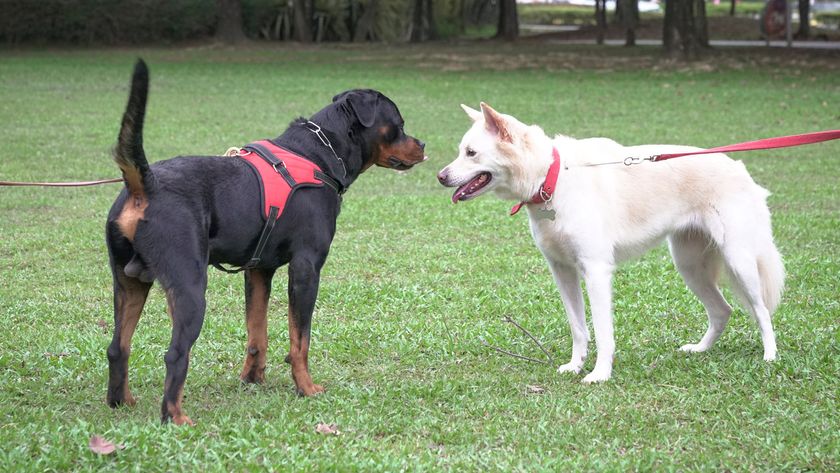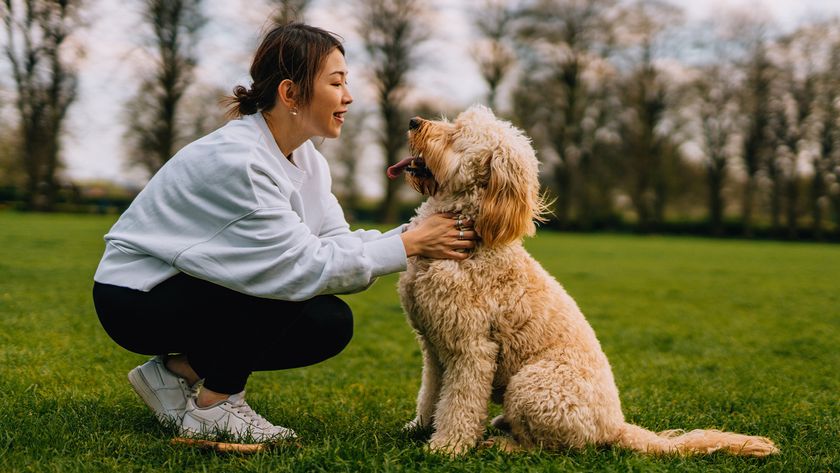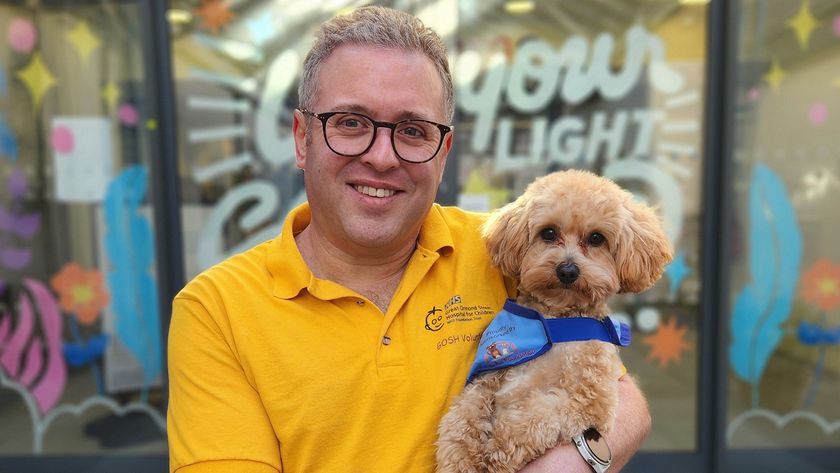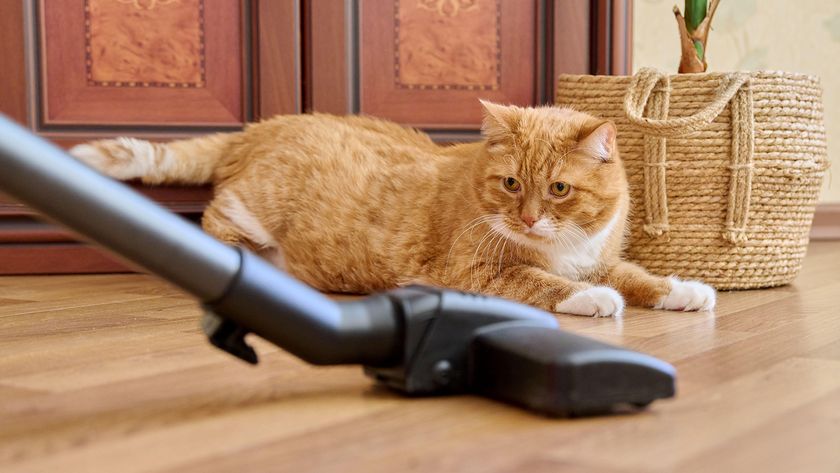Struggling to train your reactive dog? Trainer shares four things you could be doing wrong
Here's four common mistakes to avoid when training your reactive dog, and what to do instead
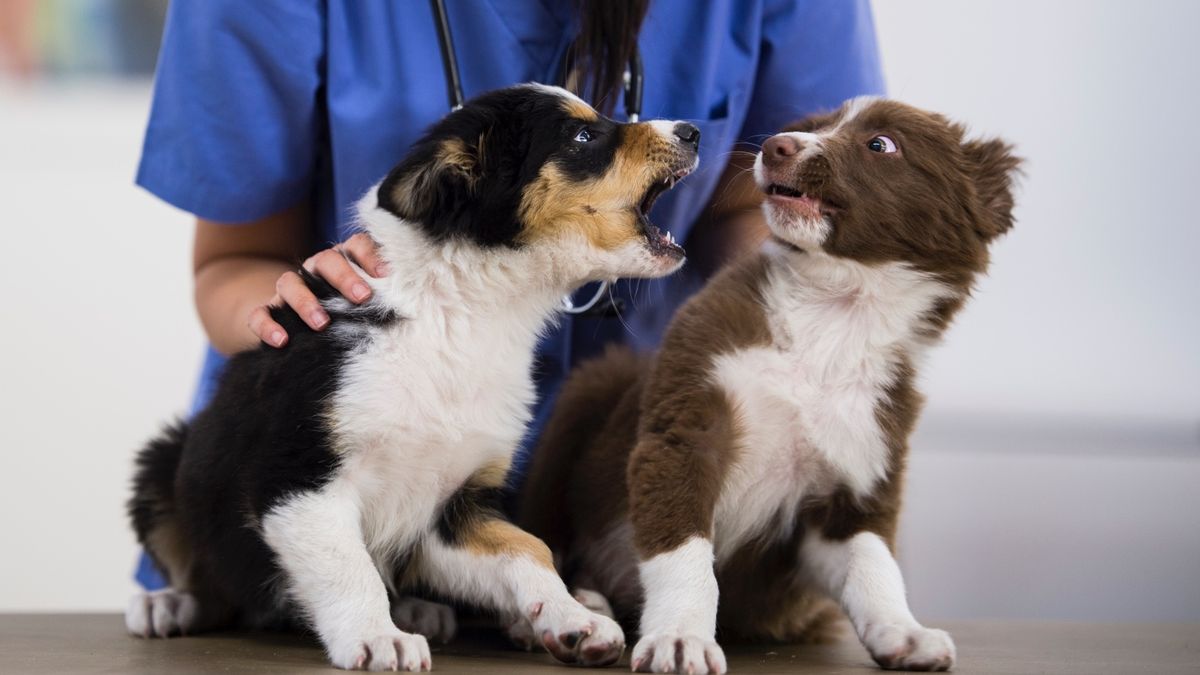
There's no denying it — dog training is no easy feat. But it can be particularly challenging if you have a dog that's nervous or fearful.
Learning how to calm a reactive dog is important as this will help prevent behaviors such as barking and lunging. However, sometimes we pet parents inadvertently do things that can cause our dog's reactivity to worsen.
Certified trainer and behaviorist Nikki Mather says that are several common places we can go wrong when it comes to training a reactive dog.
To find out what these are, you can check out her Instagram video below, or keep reading for a summary...
A post shared by Positive Steps Dog Training (@positivestepsdogtraining)
A photo posted by on
1. Not meeting all of their needs first: "Whether it’s physical, mental, social, emotional or breed-specific, if we aren’t meeting our dog’s basic requirements, training will be extremely challenging and sometimes unsuccessful," explains Mather.
2. Disregarding their emotional state: "If you’re exposing your dog to their triggers in situations that they cannot handle, they will immediately be sent over their threshold and therefore unable to listen and learn. We must consider our dog’s emotional state when we undergo any behavior modification plan."
3. Your criteria is too difficult: "You’re asking your dog to do something that they just cannot yet do. Whether that’s because we haven’t taught the skill or we’re asking them to perform the skill in too difficult an environment. We must break down the training criteria into easy steps," Mather explains.
PetsRadar Newsletter
Get the best advice, tips and top tech for your beloved Pets
4. Not addressing underlying medical concerns: "Just because you cannot visibly see a medical issue does not mean it isn’t there," says Mather. "Before we can purely treat an issue an behavioral, we must rule out medical ailments, both physical and mental."
Even with all the training knowledge in the world and armed with the very best dog treats, working with a reactive dog isn't easy.
If you feel you and your dog would benefit from some extra support, we recommend reaching out to a professional trainer for help.

Kathryn is a freelance writer who has been a member of the PetsRadar family since it launched in 2020. Highly experienced in her field, she's driven by a desire to provide pet parents with accurate, timely, and informative content that enables them to provide their fur friends with everything they need to thrive. Kathryn works closely with vets and trainers to ensure all articles offer the most up-to-date information across a range of pet-related fields, from insights into health and behavior issues to tips on products and training. When she’s not busy crafting the perfect sentence for her features, buying guides and news pieces, she can be found hanging out with her family (which includes one super sassy cat), drinking copious amounts of Jasmine tea and reading all the books.
